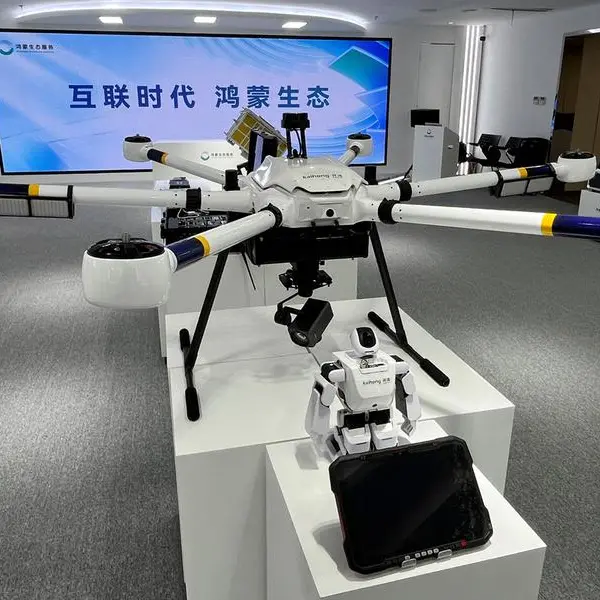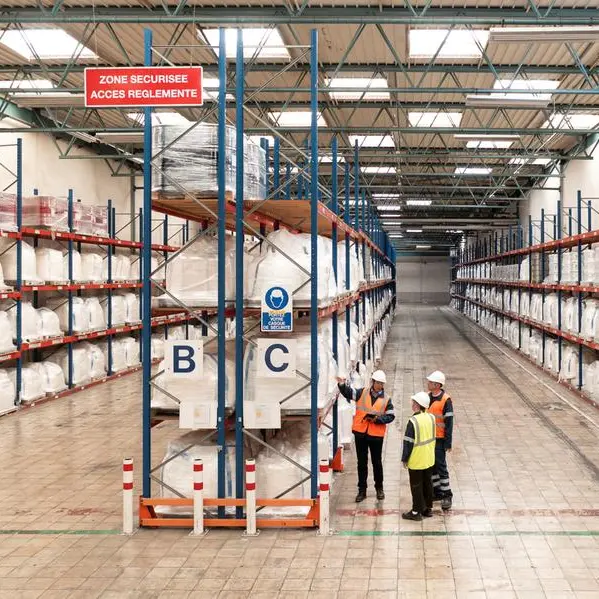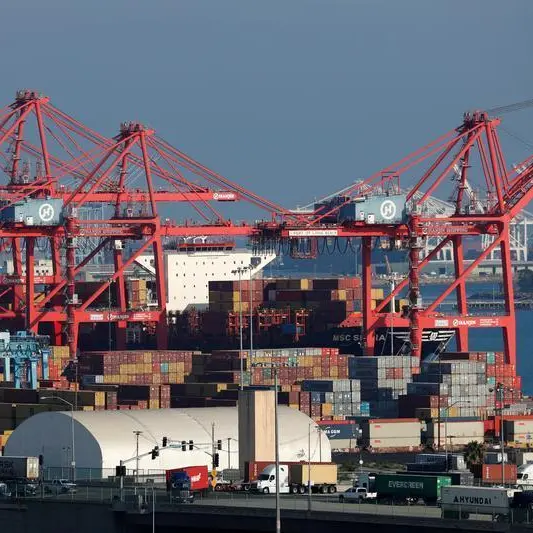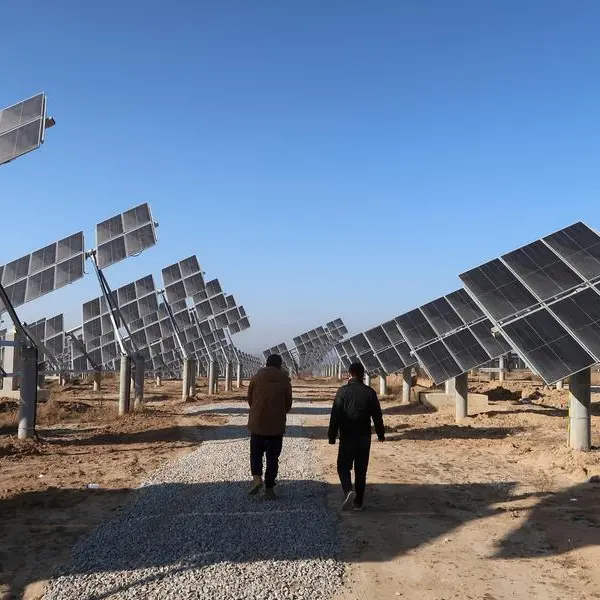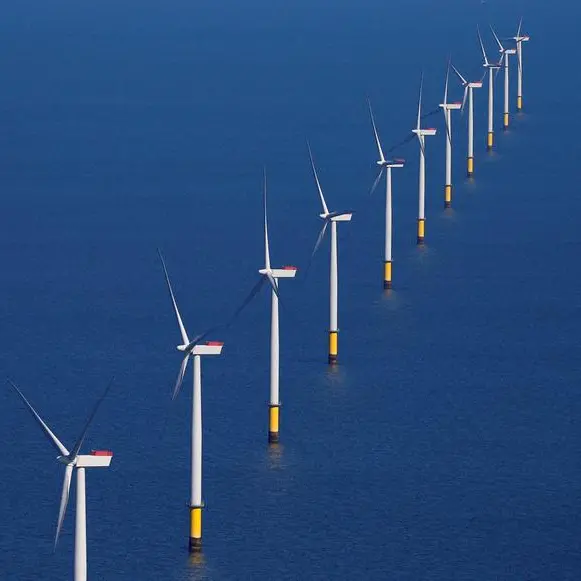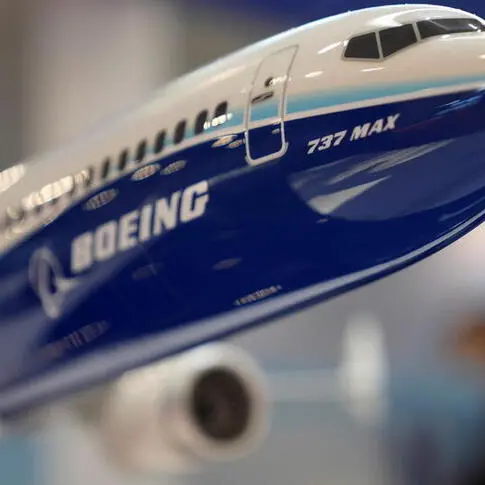PHOTO
The US has been leading the tech race for decades. Most of the biggest tech companies of all time call the US their home and Silicon Valley is regarded as the international epicentre of tech innovation. But the tide may finally be turning.
I believe that the UAE is in the perfect position to challenge America’s era of dominance. This is especially true in the area of artificial intelligence – which is set to be the most consequential since the advent of the internet.
Perhaps the company most synonymous with America’s tech success is Google.
Google convincingly beat the search engine competition both in the US and across the globe, to become the most widely used search engine by a long way. It continues to be a flagship for the US economy, with its parent company Alphabet joining the $1 trillion club in 2020, of which there are only five members (four of which are based in the US).
There have since been glimmers of hope for competitors, whether that be China’s Baidu, Russia’s Yandex, or South Korea’s Naver, but their usage has remained largely local.
So how did the US create an environment which allowed for such a powerhouse to develop?
Ultimately, it was a combination the combination of a thriving culture of innovation, easy access to capital, a supportive regulatory environment, top-notch talent, and government support. The tech giants, including Google, wouldn’t exist today without these ingredients.
Now, the question is: can this environment be replicated? And who can do it first?
AI has solidified itself as one of the most exciting opportunities of the past decades and all signs point towards AI shaping the future of business and society.
Goldman Sachs recently reported that generative AI and advances in natural language processing could drive a 7 per cent increase is global GDP and boost productivity growth by 1.5 per cent in the next ten years. Those are huge figures.
This points to two key facts – that the market for AI will be immense, and the impacts will be revolutionary. The company – or companies – that can dominate the market and capitalise on this shift will be likely to rival the likes of Google in size and power.
So where does Dubai come into this?
The UAE has been making huge strides in the tech space and all signs point towards Dubai being the AI superpower. The 2022 ‘Government Artificial Intelligence Readiness Index’ ranks the UAE within the top 25 globally, emerging as the most prepared Arab country for the AI revolution.
The government is laying the groundwork for the AI industry to build quickly in the coming years and get ahead of the international competition. Earlier this year, the UAE Cabinet adopted a new national artificial intelligence strategy, which paves the way for the UAE to be the global AI leader by 2031.
The plan not only sets out the UAE’s ambition to be the global hub of AI, but also suggests practical changes that will put this in motion, including the need to attract talent and support research efforts. As part of this, a specialised AI ministry will be set up to ensure long-term AI strategy is at the heart of the UAE’s future.
It is undeniable that it will be difficult to replicate the US’ tech success now that the sector is so well established – the sheer number of tech companies is incomparable to the days of the search engine race, making the competition even more challenging. The US has strong historical foundations that will be hard to topple.
But, compared to European countries, the UAE is firmly on the front foot. After the EU’s AI Act was unveiled last month, wanting to heavily regulate AI and its use, the policy has been criticized for limiting innovation, making it more difficult for start-ups to operate in the region.
In contrast, the UAE is already on its way to creating that perfect storm of factors that brought us Google and Microsoft.
Regulation changes are underway to make the environment friendly to AI companies and the emirate’s specialist ministry has already proposed a curriculum designed to teach the emerging technology to 275,000 students and 21,000 teachers.
This is all part of the government’s ambitious goal to boost its GDP by roughly 35 per cent through the use of AI technologies and cut down government expenditure by up to 50 per cent. The economic benefit of hosting the leading AI technologies would more than fulfil the first aim. And the successful permeation of AI across sectors in the emirate will undoubtedly bring down expenditure through automation.
But the impact will go far beyond Dubai and the UAE. By supporting the development of the AI technologies of the future, the UAE will solve problems for billions of potential users.
I know from experience the emirate has the raw tech talent and capital that is needed to found a business with the potential to dominate in this space. It has a culture of innovation that I think is unparalleled anywhere else in the world right now and the perfect regulatory environment to complement it.
Yes, the UAE is newer to the tech scene than the likes of the US – but the rate at which it has created this thriving tech scene is unprecedented. It is a very exciting place to be right now. And the stage will soon be set for Dubai to host a company (or several) which can dominate this new industry.
Dr David von Rosen is a serial entrepreneur and was named ‘Young Global Leader’ by the World Economic Forum in 2006.
Copyright © 2022 Khaleej Times. All Rights Reserved. Provided by SyndiGate Media Inc. (Syndigate.info).

